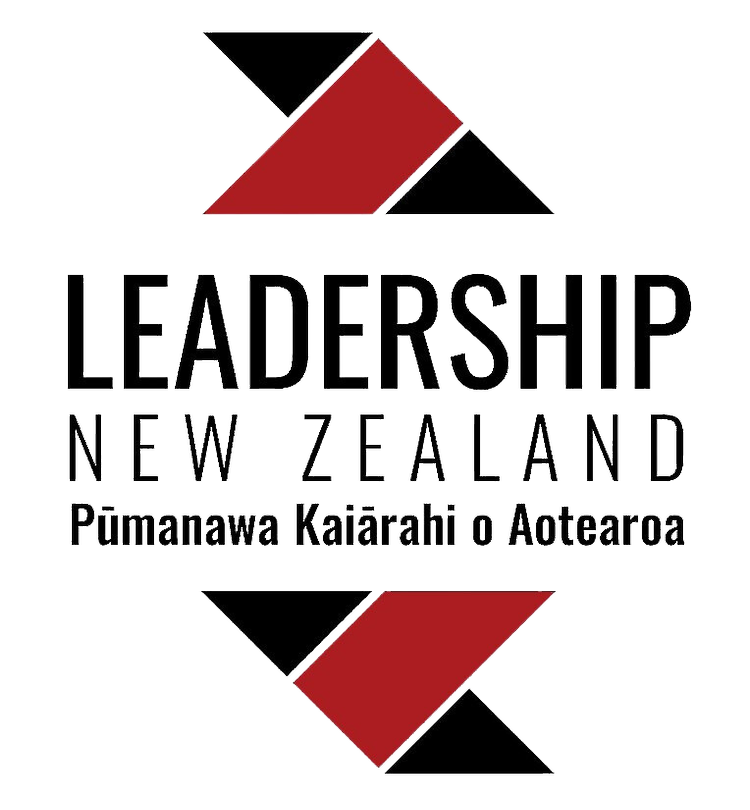Written by Mark Langdon, Director of Business Assurance, NZTE
This month we headed north to Palmerston North, to explore the rural economy, primary industries and natural resources, agribusiness, science and research, and where food comes from. Cool, I thought, I haven’t been to Palmy before.
The session’s title was ‘Our rural economy’. An interesting turn of phrase. The word ‘our’ made me pause and reflect. I have friends who have come from farms and have relatives, in Australia, who make their living on the land. However, I don’t have much connection myself to the land. Also, we did a quick straw poll of our cohort, and although some of us were raised in rural areas, only one was raised on a working farm. On the surface, not much connection to the rural economy. Or so I thought. It turns out, the rural economy involves more than milking sheds, fields of sheep and trains carrying logs around the country.
The session kicked off informally, over dinner the night before day one, or with breakfast on the day. These informal gatherings form an important part of our learning process, as we reconnect to each other, and gradually get our minds ready for the challenges to come.
We formally began the session with a Powhiri from our hosts from Downer Engineering. Regardless of the weather, we had a warm welcome to a gorgeous place – Caccia Birch. I am sure that, if we had a bit more time and a bit less rain, we would have taken full advantage of the grounds and the setting by the river.
We had four speakers over the two days. On day one, a primary industry representative who also farms. On day two, we had a three person panel, with our panellists bringing with them different perspectives of the rural economy – the farmer (Sarah von Dadelszen), the academic (Professor Hamish Gow from Massey University) and the business / government guy (John Quigley from NZTE). Across the days, our speakers shared their perspective about the challenges New Zealand’s rural economy is facing, as well as some of the great things that are going on. There was passion for farming, for the lifestyle and advocacy for our farmers, as you would expect. There was also exploration of trickier issues, such as effects on the environment, rural suicide rates, trade treaties and the threat from synthetic food. Some good back and forth during the Q&A, too. A great start to our education on things rural.
In the afternoon of day one, we had an outdoors activity, a secret activity, out of town. We learned about the importance of paying attention to our body language, our posture, our energy. We affect those around us, which can be good or bad, depending on what we are giving off. The messages were landed in a really creative way. Outdoors, in the rain and mud, and really powerfully, as we worked with an audience that didn’t care who we were, CEO, CFO or any other three-lettered acronym we sometimes believe are important). The session was instructive, fun and a little humbling. Will make for some good stories.
We finished the days’ activities with another round of My Life. We are more than half way through our programme, now, and I still find the My Life sessions powerful and moving. They are moments of honesty and openness and really help us better understand each other. All that left was to have dinner. We shared a lovely spread, served Sunday dinner style on long tables, with wonderful food, some good stories and a laugh (which continued with a singalong on the bus ride home).
In Wellington, we formed new syndicates and were given a simple task. Make a presentation for other syndicates on an aspect of New Zealand’s’ primary industries. The presentations were to be short, ten minutes long, and not much other guidance was provided, so you could expect some interesting interpretations of the task. The presentations took us for a tiki tour of New Zealand’s macro economy, dairy, fisheries, forestry, meat and horticulture. Although not stat-heavy, by any imagination, the presentations served to broaden our understanding of the rural economy, as well as to set us on our way working in new groups. A good session, that one.
We also found time to spend with our triads, for the last time as it turns out. We had one last activity together before we moved onto new groups – providing and receiving feedback. Such an important skill. It is great we can sharpen our skills in a safe place, with people who want to help us learn, and it is a privilege to contribute to our friends’ learning too.
We then changed things up a bit and formed new triads. We did a bit of a meet and who are you, starting the process of building new learning groups, forming new bonds. All too soon we wrapped up as a group, said our farewells and headed home.
Next stop for us will be Christchurch and Hamner Springs. Bring it on.

